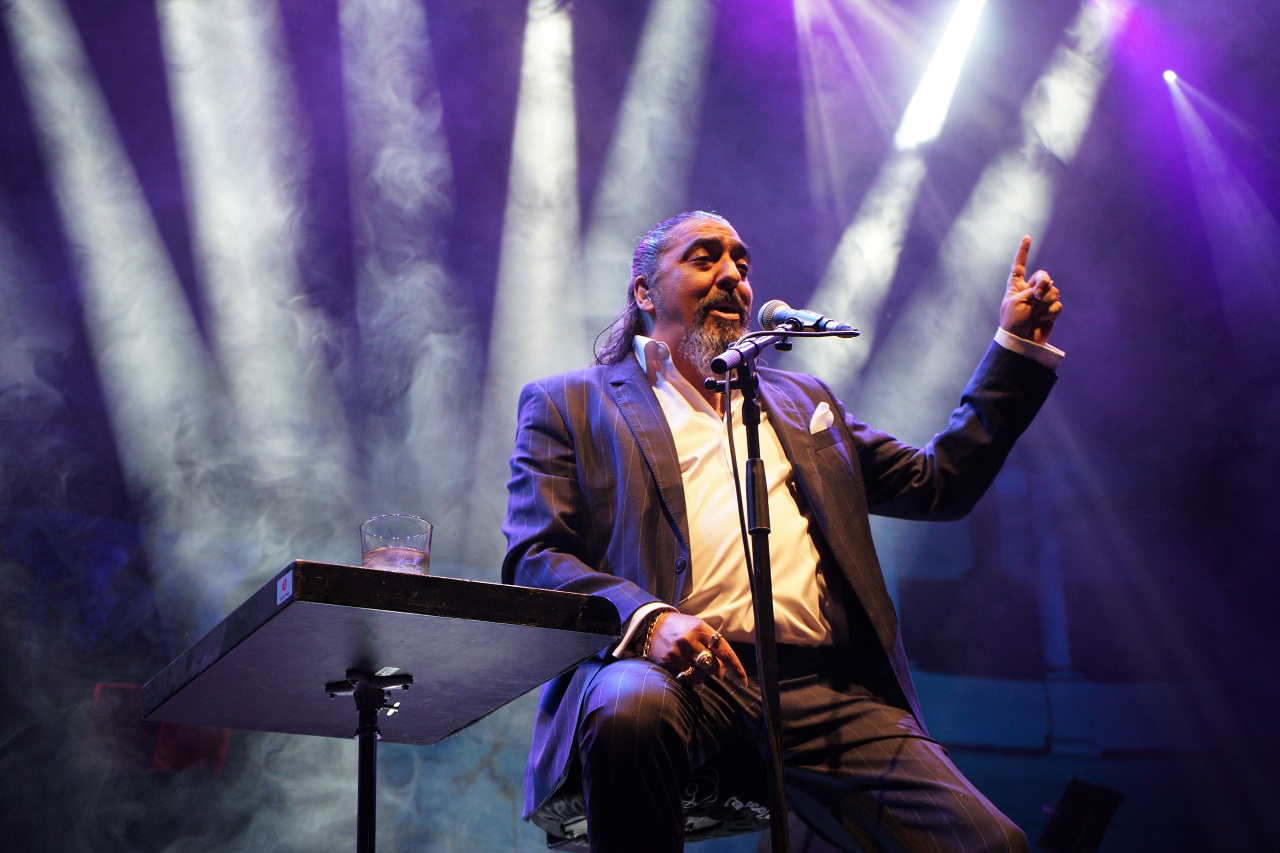
Diego el Cigala electrifies Barcelona by merging his flamenco with Mexico
The singer combined songs from his quartet with a mariachi band from Jalisco
It was a dream scenario. With few empty seats in the prestigious amphitheater of the Pedralbes Festival, Diego el Cigala came on stage with an imposing stature, an elegant dark jacket and a white shirt. Adored as a divinity, he greeted the audience with a left hand full of enormous golden rings. After the pandemic canceled his show last year, the singer and his fans showed equal anticipation for the moment. They joined forces for a memorable night, marked by the heavy heat of an anticipated Summer in Barcelona.
Sitting in his chair and flanked by the colossal pianist Jumi, Marco Niemetz on double bass and Israel Suárez on percussion, Cigala began with “Si te contara,” from the album Dos Lágrimas. “May God bless you,” he blurted out to those present, whom he also eternally thanked for their presence. Then came “Amar y Vivir,” from his masterpiece Lágrimas Negras, the joint album with Bebo Valdés that catapulted him to international fame. In that work, Cigala fused his flamenco skills with the sad and solemn Latin piano rhythms, such as tango, bolero and copla.
With “Compromiso,” Niemetz captivated with a masterful double bass solo, which gave way to “Lágrimas negra,” one of the most-anticipated hits of the night. With a rumba intersection, the quartet introduced “Corazón loco.” The subtlety of Suárez caressing the cajon and the cymbals provided the right intensity and rhythm for every song. The night rose in intensity, so did the veteran singer's blood alcohol level. To sharpen his voice and brighten his spirit, he resorted to countless glasses of whiskey with ice – at least six — kindly refilled by a young woman constantly hydrating him.
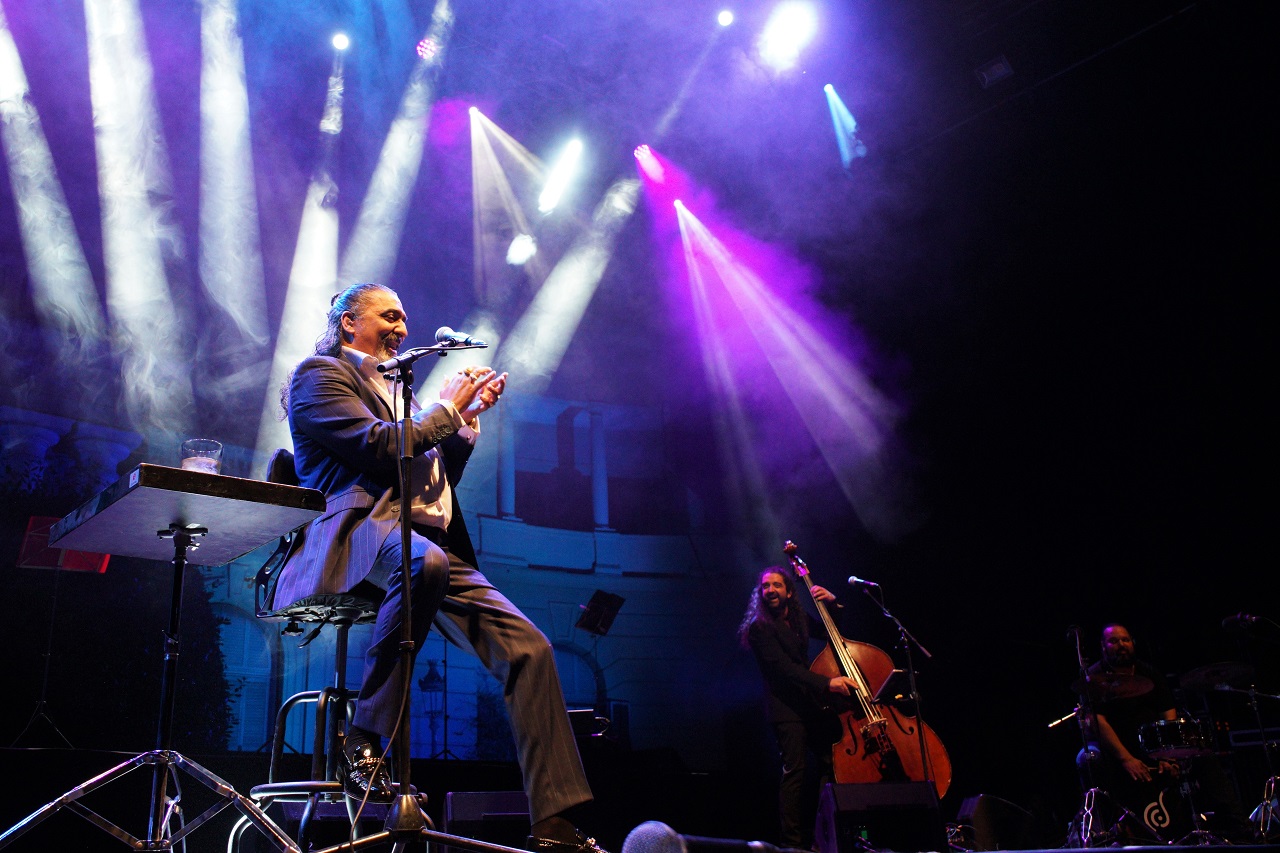
RELATED CONTENT
Another great moment came when he said goodbye to the three talented musicians with hugs, and the stage went empty and silent. Several lecterns placed on an upper platform foreshadowed something special. Suddenly, an endless line of Mexican mariachis appeared, dressed in traditional clothing, huge straw hats and playing assorted wind and string instruments. It was the performance of Cigala Canta a México (released in 2020), an album featuring 12 traditional Aztec songs adorned by Cigala's flamenco art. Since he was a child, he's been passionate about rancheras, and felt naturally comfortable with the poetry of the popular songs he recorded.
The mariachis, who came from Jalisco, performed "De qué manera te olvido," "Soy lo prohibido," "El gato" and "Somos novios" alongside Cigala. After another refill of his glass, “Vámonos” was received with a standing ovation from the audience. More emotional hugs with the musicians presaged that the end was near. But it was a false alarm, as the best was yet to come.
He returned to the piano with Jumi, to perform the best set of the night. They played three songs as a duo, and Cigala changed his voice with a flamenco accent that made the amphitheater vibrate. The talent of the pianist also captured intensity of an entire flamenco band. In this part of the show they played "Te quiero te quiero," "Nana del Caballo Grande" (a poem by Federico García Lorca made popular by Camarón), and "Se nos rompió el amor."
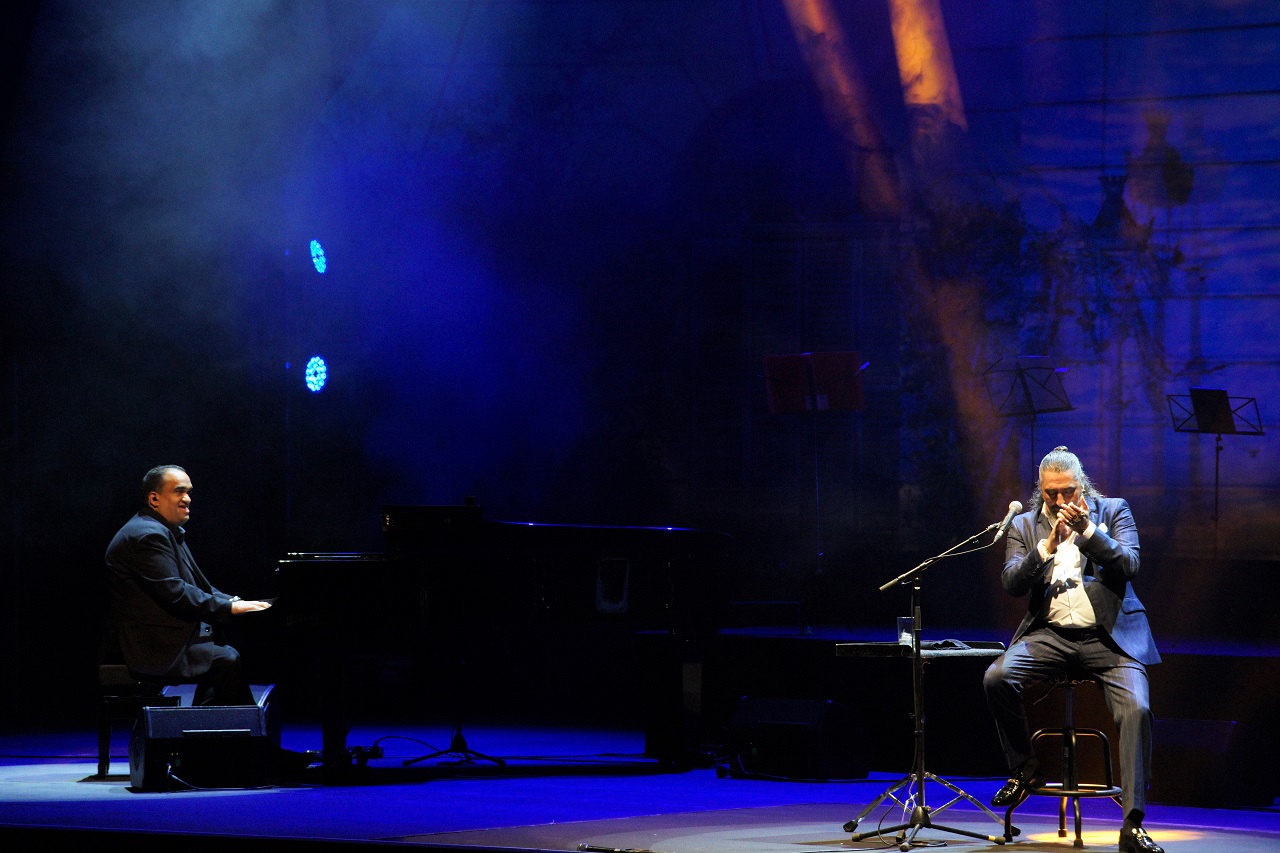
As the beats rose, beads of sweat soaked the singer's face, and he frequently used a black handkerchief to dab himself dry. The concerts most epic moments came when the entire quartet returned to the stage. The first song of this section was “Veinte años,” then “Simples cosas,” and finally, “La bien pagá,” echoed loudly by his passionate fans. Many found it difficult to stay seated, and stood up to raise their crystal wine glasses. The Pedralbes Festival is pure glamor and class, and an event where attendees wear their best clothes.
El Cigala closed his two-hour show with another round accompanied by the mariachis from Jalisco, who spliced "Se me olvidó" with "Pero sigo siendo rey," a happy song that made the audience stand up and dance. The last hurrah came when he began “Dos gardenias,” which he performed again with the opening quartet. Accompanied by children dancing on stage and the tireless clapping of his palms, the singer showed that, despite the passing of the years, his flamenco magic is still intact.



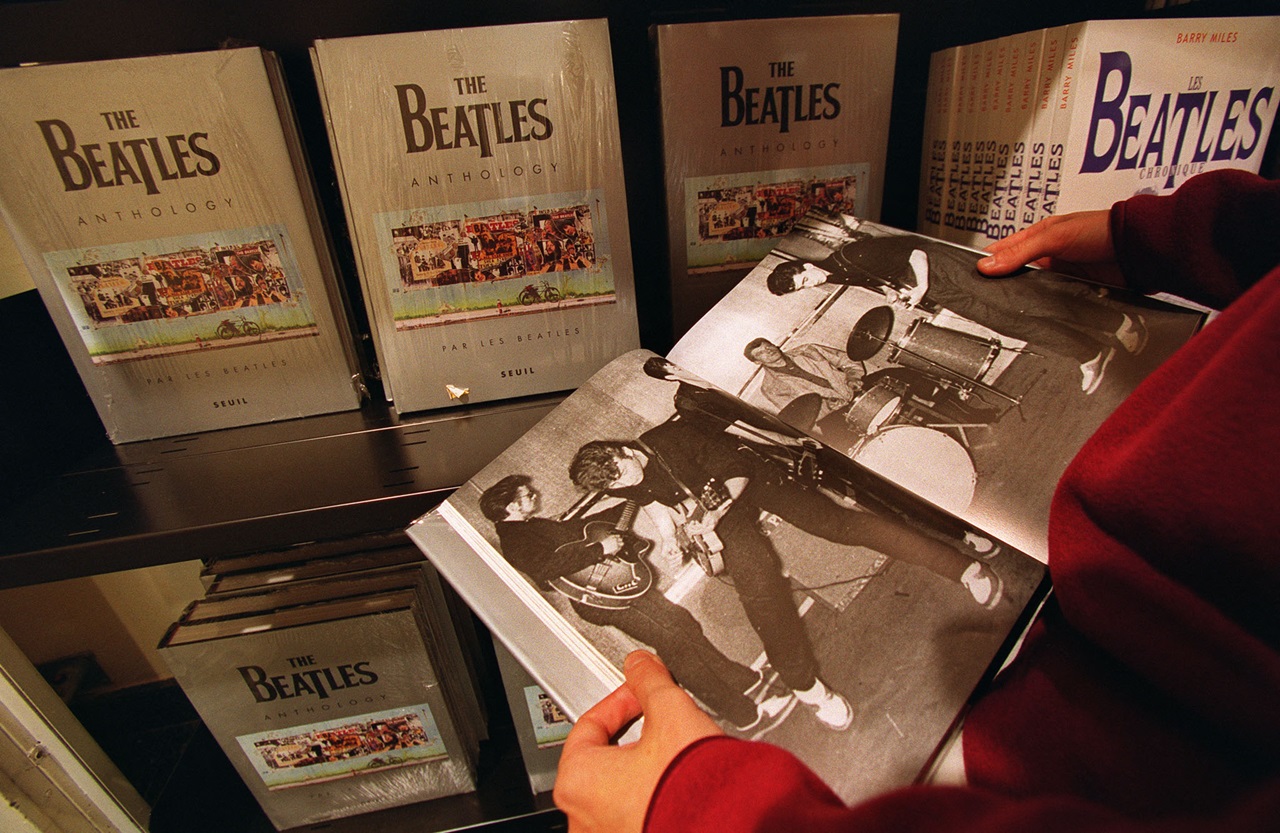
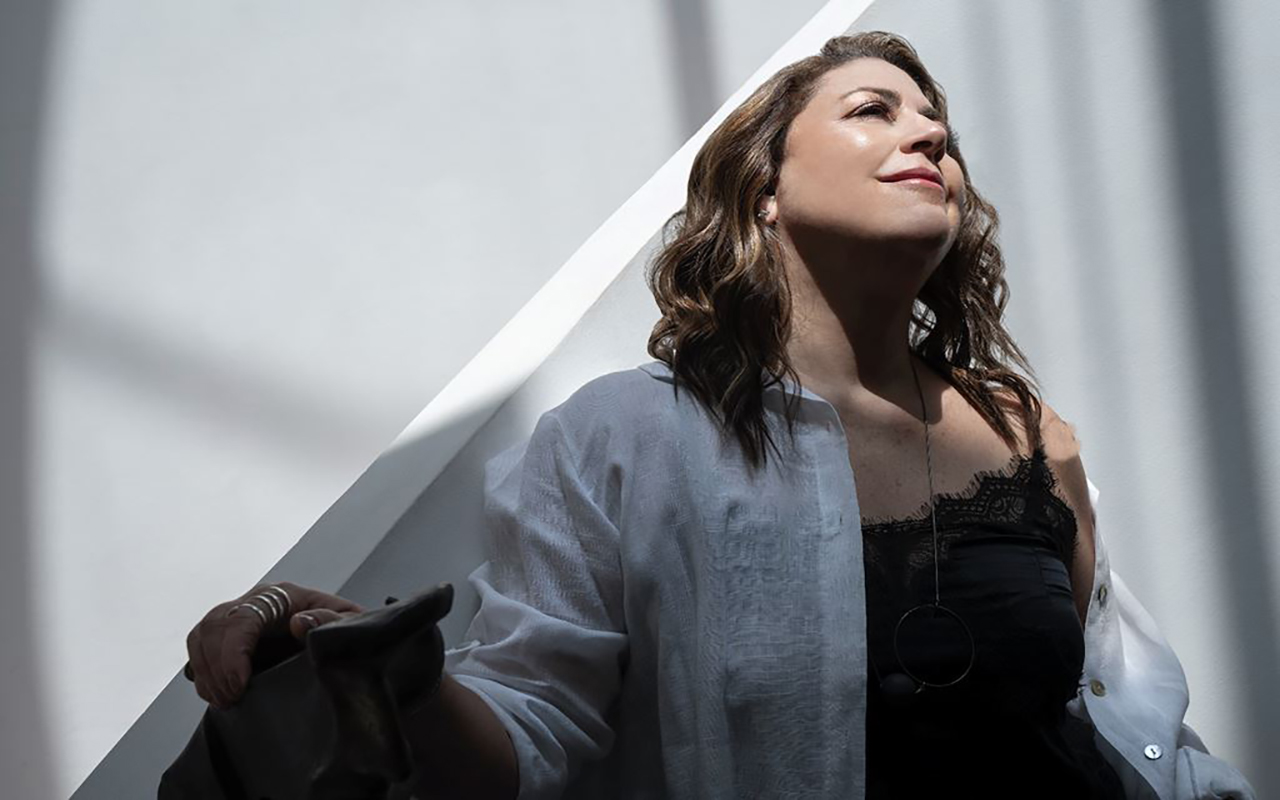
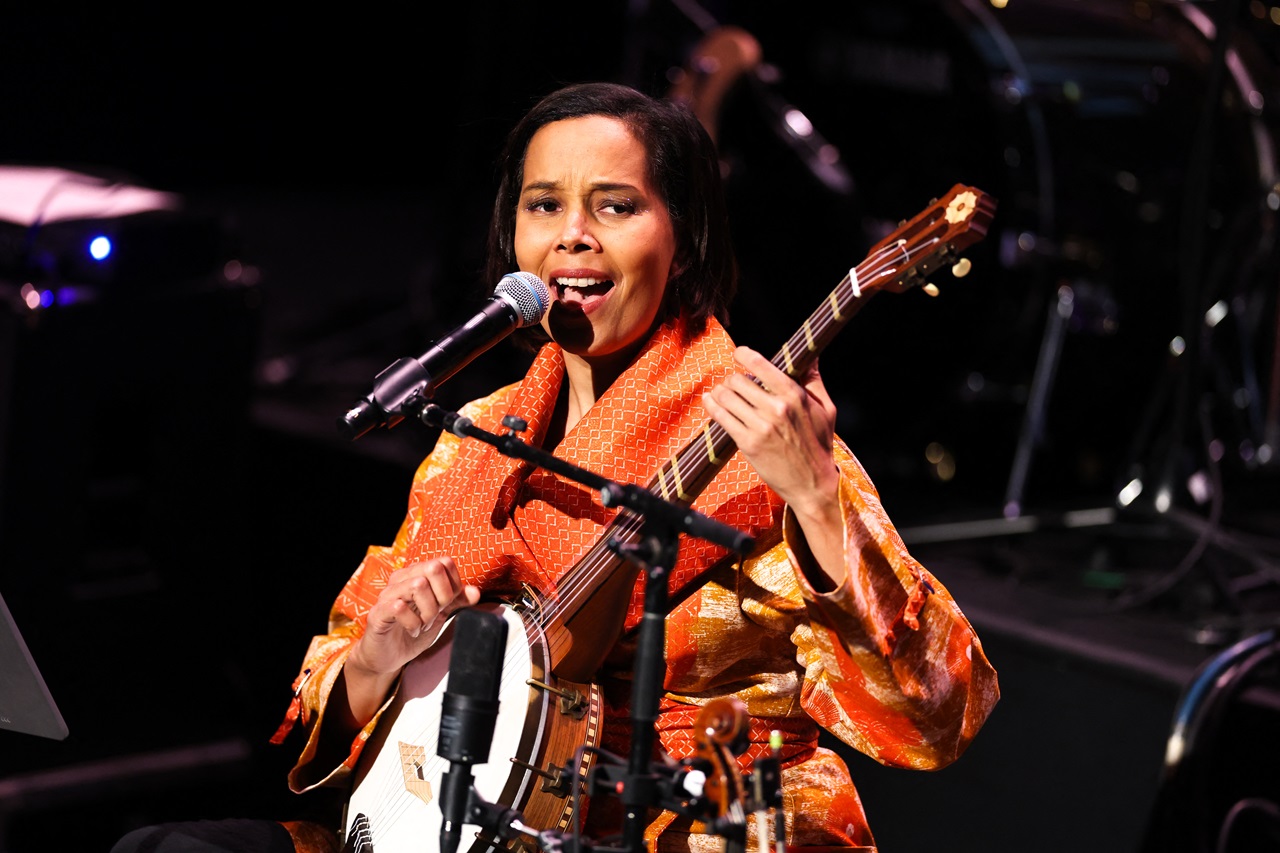
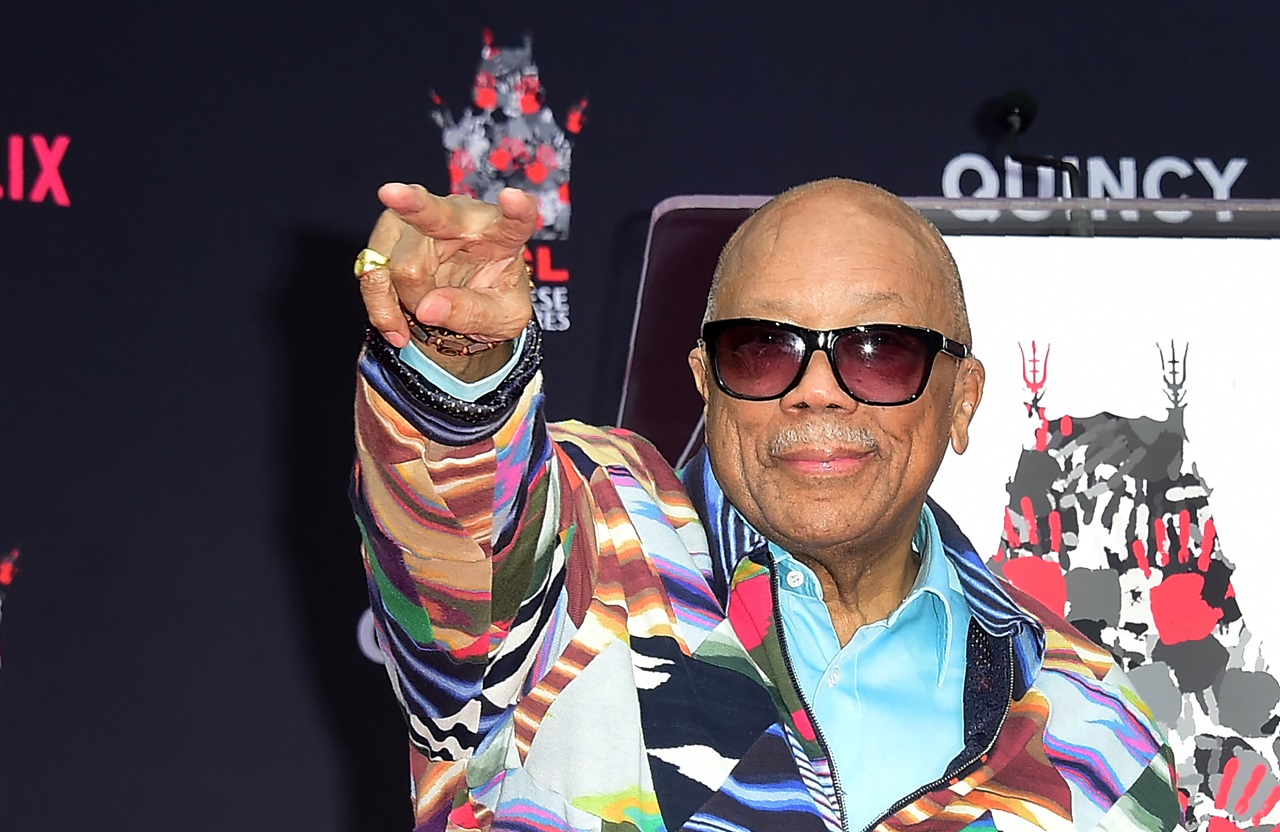
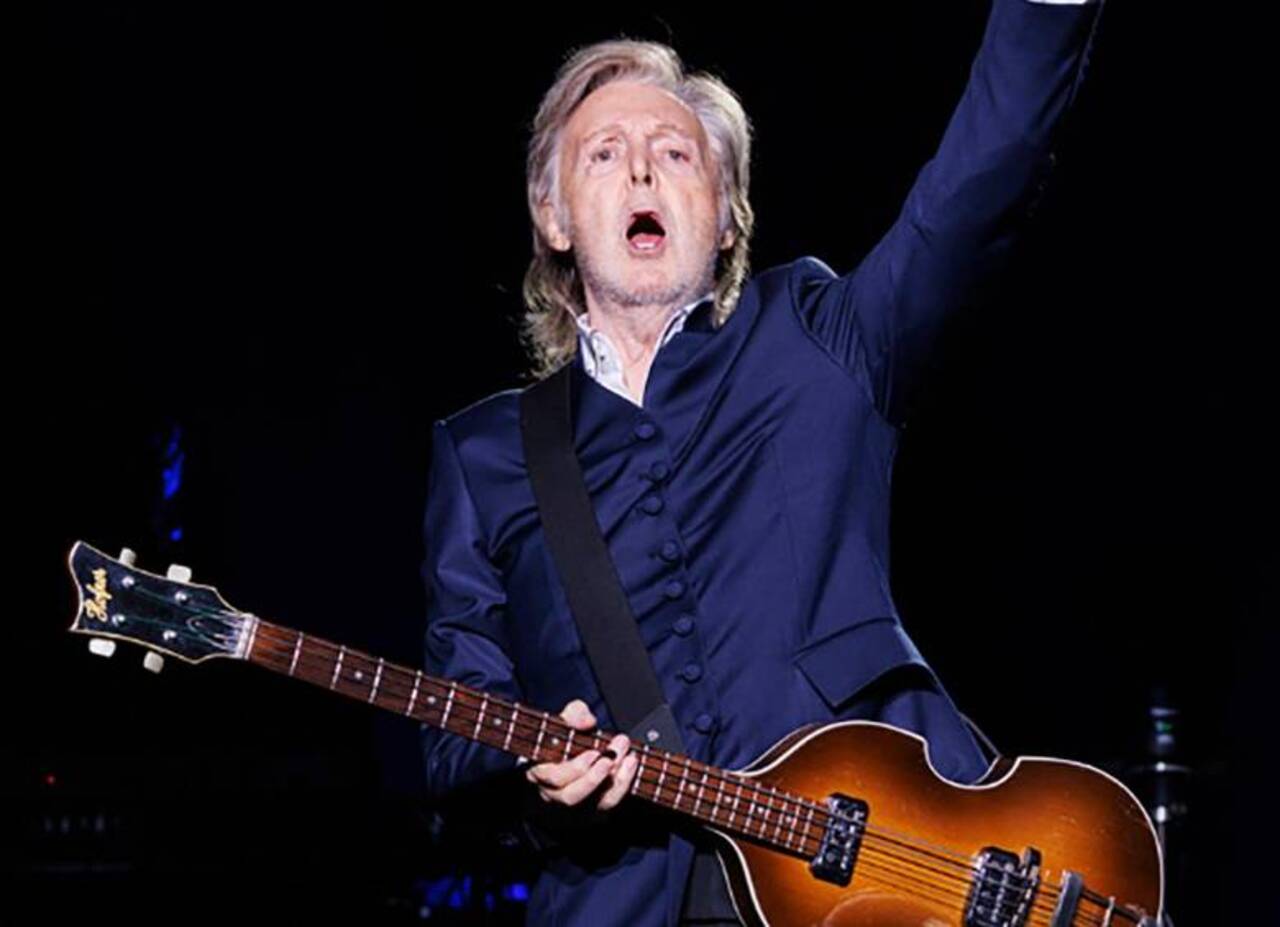

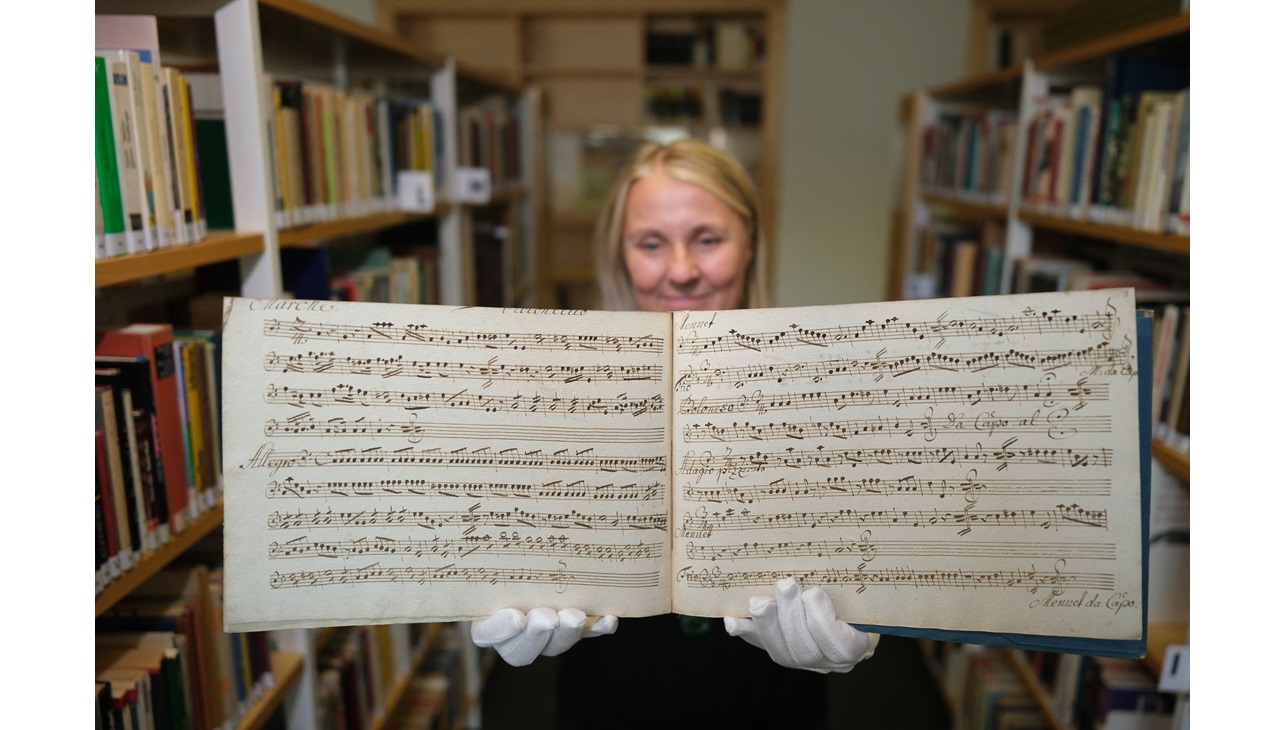

LEAVE A COMMENT:
Join the discussion! Leave a comment.